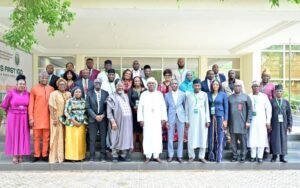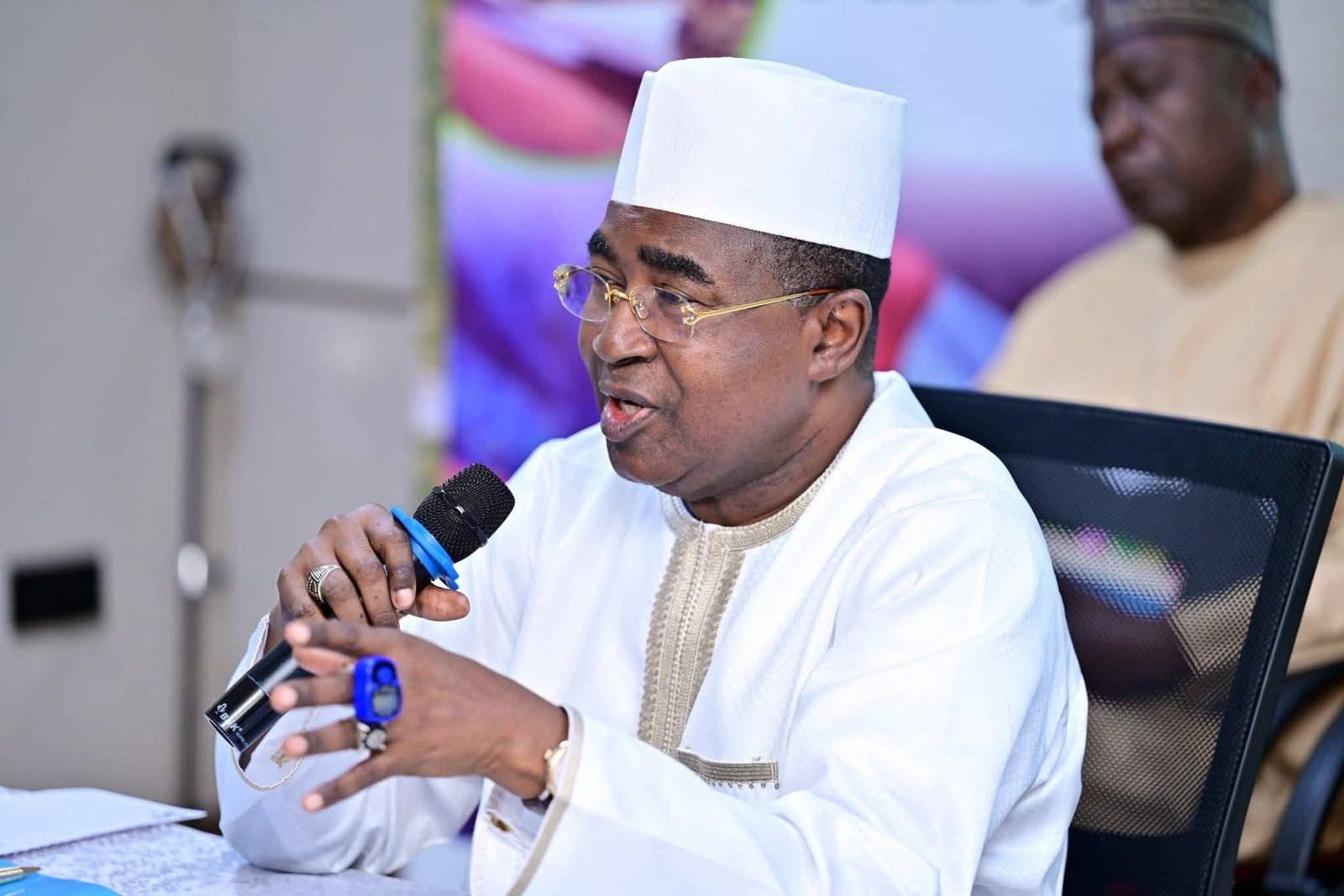Nigeria’s new drug control master plan must address emerging threats, says Marwa

The Chairman of the National Drug Law Enforcement Agency (NDLEA), Brigadier General Mohamed Buba Marwa (rtd) says 2026-2030 National Drug Control Master Plan must address new and emerging threats facilitating the flow of illicit drugs in Nigeria.
Marwa gave the advice on Monday while opening a five-day retreat for the development of the fifth National Drug Control Master Plan.
The retreat is funded by the ECOWAS Commission, supported by the United Nations Office on Drugs and Crime (UNODC).
“The task before us over the next few days is both strategic and historic. The drug problem continues to evolve, and so must our response.
“The NDCMP 2026–2030 must be visionary yet practical; comprehensive yet targeted; and nationally owned yet regionally and globally aligned.
“It must build on the achievements of the past while boldly addressing new and emerging threats, from synthetic drugs to dark-web trafficking, from poly-substance use to the illicit financial flows that sustain the drug trade,” Marwa said.
He said the workshop offers the participants the opportunity to deliberate, analyse and agree on strategic priorities that will shape the trajectory of Nigeria’s response to illicit drugs for the next five years.
“It is here that we will identify what has worked, acknowledge the gaps, and design innovative pathways for the future”, the NDLEA chairman added.
He therefore urged all participants to bring their expertise, experience and commitment to bear in the discussions, so as chart a collective vision to safeguard the health, security and wellbeing of Nigerians.

Marwa reaffirmed the Agency’s readiness to provide leadership, coordination and technical support to ensure that the new Master Plan is not only developed but also effectively implemented.
“I also pledge that we will continue to strengthen collaboration with our partners, both within Nigeria and across the ECOWAS sub-region, for we know that the drug challenge recognises no borders”, he stated.
He thanked the ECOWAS Commission for sponsoring the workshop, and other partners like the European Union, UNODC, civil society organisations, professional bodies and the private sector, for their continued collaboration.
“Together, we are shaping a future where Nigeria and West Africa will be safer, healthier and more secure.”
In his remarks, the UNODC Country Representative, Cheikh Ousmane, represented by Dr. Akanidomo Ibanga, commended Nigeria’s drug control efforts so far, but called for more coordinated and inclusive response to the problems.
“Yet, we are all aware that the drug situation continues to evolve. Global and regional dynamics — whether related to new psychoactive substances, organized crime networks, or the impact of conflict and economic pressures — all shape local realities.
“Our response must therefore be adaptive, coordinated, and inclusive. The Master Plan is the instrument through which this can happen.
“This workshop offers a unique opportunity to review the draft chapters, harmonize perspectives, and ensure that the priorities identified reflect both national realities and international standards, including those enshrined in the three international drug control conventions, the 2030 Agenda for Sustainable Development, and the African Union Plan of Action on Drug Control”, he stated.
Ousmane commended the leadership of the NDLEA, the Federal Ministry of Health, and all members of the inter-agency working groups for the dedication and expertise they bring to the process, adding that their work will serve as a compass for coordinated action over the coming years.
Also speaking, the ECOWAS Commission Commissioner for Human Development and Social Affairs, Prof Fatou Sow Sarr, represented by Dr. Daniel Amankwaah, said Nigeria, as a key stakeholder in regional drug control efforts, has taken proactive steps to develop national strategies aligned with international best practices.
“The Nigeria’s current National Drug Control Master Plan (NDCMP) will expire this year and a new plan needs to be developed to address the emerging drug threats, trafficking patterns, and the increasing burden of substance use disorders. The new NDCMP will effectively respond to current and future drug-related challenges.
“The ECOWAS Commission, in line with its mandate to support Member States in addressing drug-related issues, is providing technical and financial assistance to Nigeria in the elaboration of the new NDCMP. This initiative aligns with the objectives of the ECOWAS Drug Prevention and Control Programme and the broader regional efforts to strengthen drug demand and supply reduction mechanisms.
“This support is a strategic step toward strengthening Nigeria’s drug control framework and aligning it with regional and international best practices. The ECOWAS Commission remains committed to supporting Nigeria in this effort, ensuring that the new National Drug Control Master Plan is robust, evidence-based, and effectively addresses the country’s drug-related challenges”, Sarr said.
Other stakeholders who spoke at the ceremony include representatives of the Federal Ministries of Education, Health, Agriculture, Budget and Planning, NACA, NAFDAC, EFCC, and NFIU.




